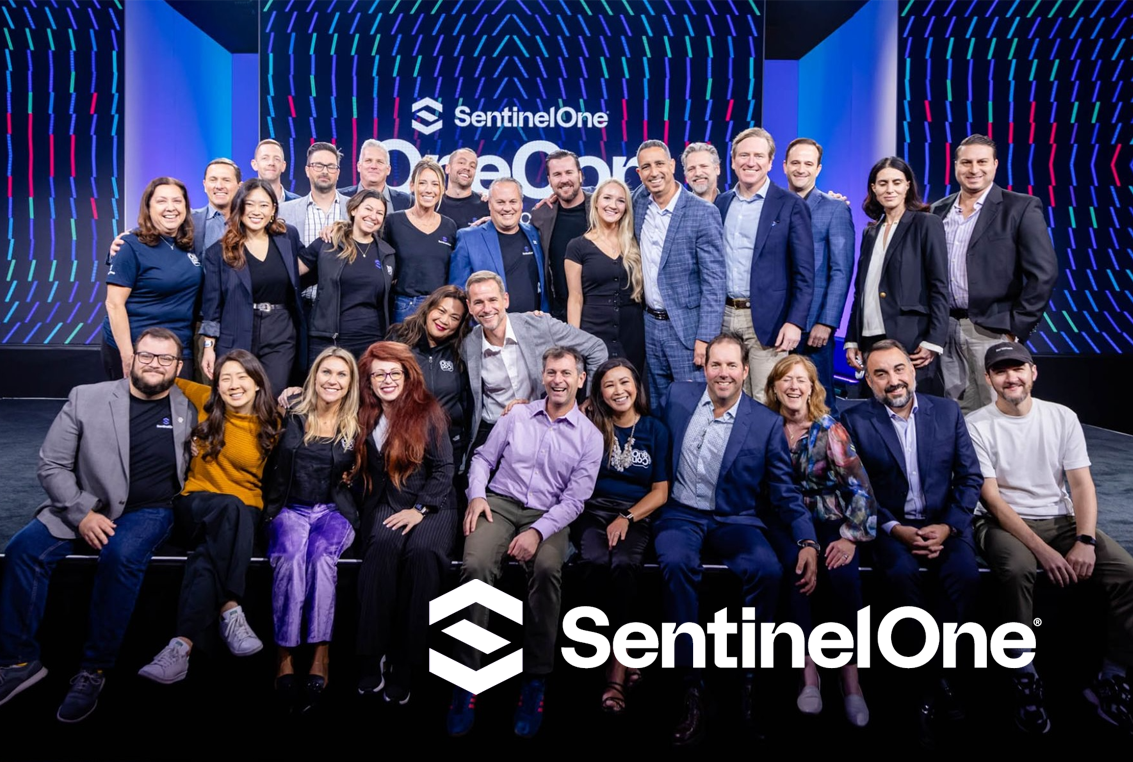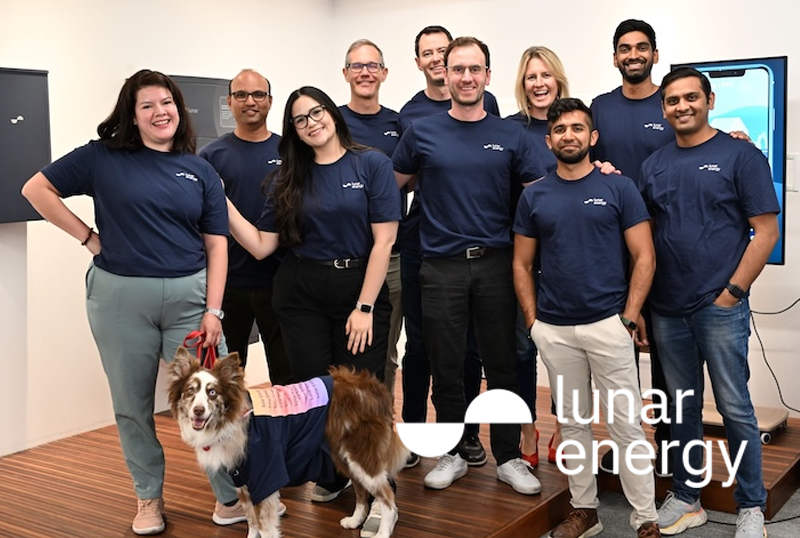
Challenge
Gilead Sciences’ Commercial IT team, a 60-person global group supporting the sales and marketing arm of the organization, was experiencing massive shifts.
The U.S.-based team was relocated from Foster City to North Carolina, a new CIO had joined, and the department’s mandate was evolving: from IT service providers to strategic business partners.
Employee engagement scores within IT had dropped sharply. The team was under stress, and uptake on new ways of working was slow.
Gilead needed to shift mindsets without overwhelming an already burdened team.
Solution
With strong leadership from Mahul, a cultural champion within the IT group, Gilead partnered with Learnit to design a long-term, trust-centered learning strategy.
They started with an energizing, curiosity-sparking topic: Design Thinking. The goal was twofold: shift mental models and test team appetite for collaborative, instructor-led learning.
"The design thinking session was eye-opening. I hadn’t thought about user-first IT planning before." — Elena, Design Thinking
The success of the first session unlocked commitment from the team.
From there, Gilead launched a quarterly series of private workshops, serving both North America and a “Rest of World” cohort.
The curriculum followed a thoughtful arc—starting with strategic and creative thinking, then building toward core skills like emotional intelligence, collaboration, and communication.
"Loved the energy in this workshop! Got real tools to reframe how I approach work." — Chris, Creative Thinking for Problem Solving
"This helped me better approach complex issues with a clear framework. I feel more equipped to think creatively and strategically." — Jared, Strategic Thinking
Topics rotated each quarter, often tied to broader company priorities—like wellness, resilience, or annual planning.
The format and cadence helped normalize learning as part of team culture.
Results & Impact
Three years later, the program is still going strong—with tangible cultural and operational results:
Low turnover: Gilead’s Commercial IT group has seen notably lower attrition than peer teams within IT.
Rising engagement: Internal surveys show improved morale and enthusiasm for team-building opportunities.
Sustained participation: Employees continue to sign up, engage, and advocate for the program.
Facilitator rapport: Learners view instructors like Christian as trusted partners—“an extension of their team.”
"Christian felt like a member of our team. His style made it easy to be vulnerable and open up." — Lucas, EQ Series
"These sessions help break silos. I now know more about my peers and what they bring to the table." — Amir, Collaborative Leadership
"The global setup made me feel included. It was great to learn with colleagues from APAC and Europe." — Mei, Collaboration Across Borders
Most notably, even as topics shifted into deeper development areas like communication and EQ, enthusiasm didn’t fade—it grew.
"This gave me language to name and navigate difficult emotions at work—something we never talk about in IT." — Priya, Emotional Intelligence
"I now approach conversations with more curiosity and less assumption. It’s made a difference in how my team responds." — Raj, Effective Communication
"Not your typical corporate training—this felt personal, real, and relevant." — Danielle, EQ for Leaders
In December 2024, Gilead committed to another two years of partnership with Learnit.
Why It Worked
Smart sequencing: Gilead started with high-energy, low-risk topics to build trust—then layered in deeper behavioral skills.
Global inclusivity: Separate sessions for North America and “Rest of World” ensured accessibility and relevance.
Strong sponsorship: Mahul actively engaged the team, solicited feedback, and championed the program internally.
Facilitator consistency: Instructors like Christian built personal rapport with participants—knowing them by name and region.
What's Next
The Commercial IT team continues its quarterly cadence of workshops, with Learnit supporting both regional and skill-based themes.
The program has become more than a training plan—it’s a pillar of the group’s culture.
Future goals include:
- Tying learning more closely to career growth and internal collaboration goals
- Continuing to use learning as a retention and engagement strategy
- Exploring ways to scale the model across other Gilead departments






